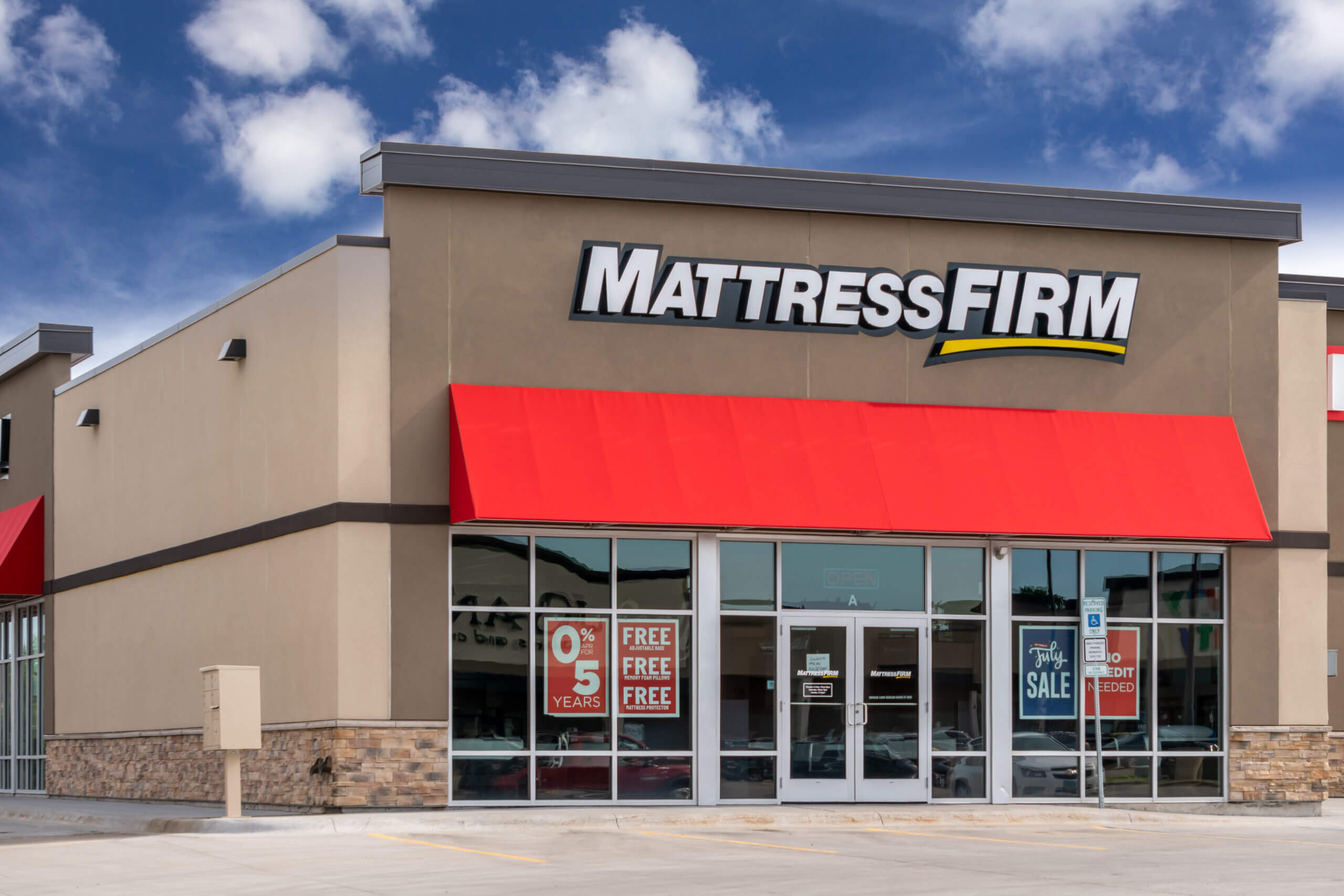Did you know that excess moisture in the air can cause serious damage to your mattress? Many people are unaware of the harmful effects that humidity can have on their sleeping surface. In this article, we will explore how moisture can ruin your mattress and what you can do to prevent it.How Moisture in the Air Can Ruin Your Mattress
If you live in a humid environment, it is important to take extra precautions to protect your mattress from moisture. The first step is to invest in a moisture barrier, which can be a waterproof mattress cover or a specialized fabric designed to repel moisture. This will prevent any liquids from seeping into your mattress and causing damage. Another way to prevent moisture damage is to make sure your bedroom is well-ventilated. This means opening windows or using a fan to circulate the air. Stagnant air can lead to a buildup of moisture, which can be harmful to your mattress. Additionally, avoid placing your mattress directly on the floor as this can trap moisture and promote mold growth.Preventing Moisture Damage to Your Mattress
Humidity refers to the amount of moisture in the air. When the humidity level is high, the air is saturated with water vapor, making it difficult for any moisture on or around your mattress to evaporate. This can lead to a damp, musty smell and can also cause mold and mildew to grow on your mattress. Not only is this unpleasant, but it can also be a health hazard, especially for those with allergies. Additionally, high humidity levels can cause your mattress to become warped or misshapen. This is because the excess moisture can cause the materials in your mattress to expand and contract, leading to lumps and sagging. This can affect the overall comfort and support of your mattress, making it difficult to get a good night's sleep.The Effects of Humidity on Your Mattress
Aside from using a moisture barrier and keeping your bedroom well-ventilated, there are other steps you can take to protect your mattress from moisture and mold. First, make sure to clean and dry any spills or accidents on your mattress as soon as possible. This will prevent any lingering moisture from causing damage. It is also important to regularly rotate and flip your mattress to promote even wear and prevent any areas from becoming overly damp. Additionally, consider using a dehumidifier in your bedroom to control the humidity levels and prevent excess moisture from accumulating.Protecting Your Mattress from Moisture and Mold
Now that we know how humidity can ruin your mattress, it's important to understand the relationship between the two. The higher the humidity level, the more likely your mattress is to suffer from moisture damage. This is why it is crucial to keep your bedroom well-ventilated and invest in a moisture barrier to protect your mattress. It's also important to note that different materials in your mattress may react differently to humidity. For example, memory foam mattresses are more susceptible to moisture damage than innerspring mattresses. This is because memory foam absorbs moisture more easily, which can lead to mold growth and a breakdown of the material over time.Understanding the Relationship Between Humidity and Mattress Damage
In addition to using a moisture barrier and keeping your bedroom well-ventilated, there are other ways to control moisture and prevent damage to your mattress. One tip is to avoid eating or drinking in bed, as spills can easily happen and contribute to moisture buildup. If you do have a spill, make sure to clean it up immediately. You can also use a fan or air purifier in your bedroom to promote air circulation and prevent humidity levels from getting too high. Additionally, make sure to regularly wash and dry your bedding to prevent any moisture from seeping into your mattress.Moisture Control Tips for Your Bedroom
As mentioned earlier, a moisture barrier is an important investment for protecting your mattress from humidity. Not only does it prevent liquid spills from causing damage, but it also creates a barrier between your mattress and the surrounding moisture in the air. This can greatly extend the lifespan of your mattress and keep it in good condition for years to come. When shopping for a moisture barrier, look for one that is breathable and waterproof. This will allow air to circulate while still protecting your mattress from moisture. Additionally, make sure to follow the care instructions and replace your moisture barrier if it becomes damaged or worn over time.Why a Moisture Barrier is Essential for Your Mattress
If you suspect that your mattress has been damaged by moisture, there are a few signs to look out for. First, check for any visible mold or mildew on the surface of your mattress. You may also notice a musty odor, especially when you first enter your bedroom. Additionally, if your mattress feels soggy or lumpy, this could be a sign of moisture damage. If you do notice any of these signs, it is important to address the issue as soon as possible. This may involve cleaning and drying your mattress, using a dehumidifier, or even replacing your mattress if the damage is severe.How to Tell if Your Mattress has Been Damaged by Moisture
Aside from causing damage to your mattress, sleeping on a moist surface can also be harmful to your health. As mentioned earlier, mold growth can be a serious health hazard, especially for those with allergies or respiratory issues. Additionally, sleeping on a damp mattress can lead to discomfort and may even affect the quality of your sleep. It's important to take steps to prevent moisture from accumulating on your mattress to protect both its longevity and your health.The Dangers of Sleeping on a Moist Mattress
If you live in a particularly humid environment, it may be worth investing in a mattress specifically designed to withstand moisture. Look for mattresses with materials that are naturally resistant to mold, such as latex or certain types of foam. Additionally, consider using a mattress with a built-in moisture barrier for added protection. By choosing the right mattress and taking proper precautions, you can prevent moisture damage and ensure a comfortable and healthy sleep environment.Choosing the Right Mattress for Humid Environments
The Negative Effects of Moisture in Air on Your Mattress
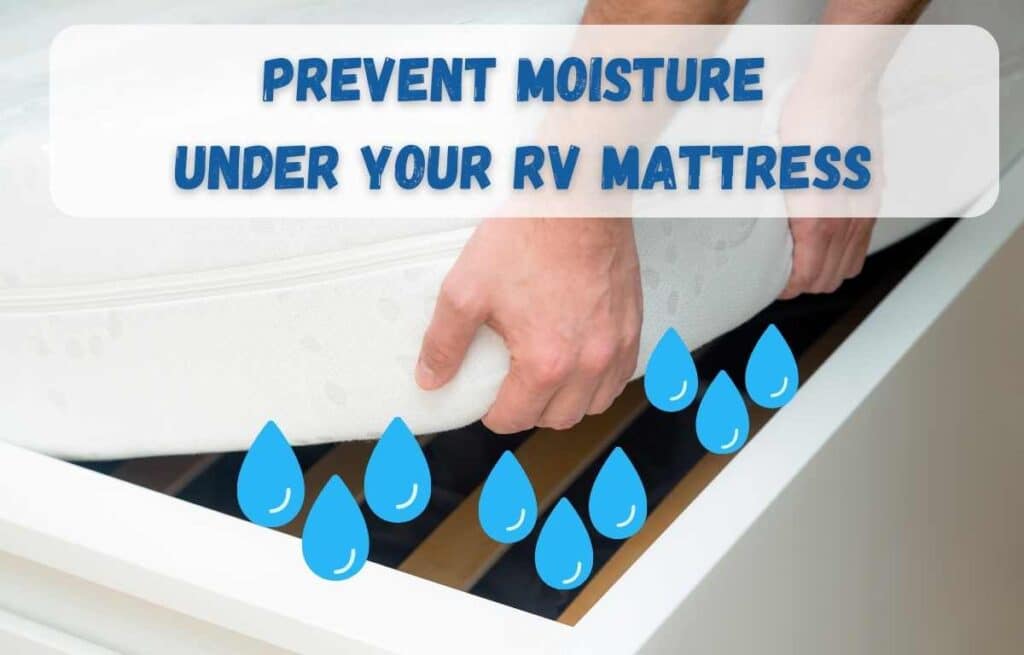
How Moisture in Air Can Ruin Your Mattress
 Moisture in the air may seem harmless, but it can actually have a detrimental effect on your mattress. Excess moisture in the air can lead to the growth of mold and mildew, which can cause unpleasant odors and even health issues. Additionally, moisture can cause your mattress to become damp and musty, reducing its lifespan and overall comfort. Here's how moisture in air can ruin your mattress.
Mold and Mildew Growth
When there is excess moisture in the air, it creates the perfect environment for mold and mildew to grow. These fungi can thrive in dark, damp spaces, making your mattress an ideal breeding ground. Not only does mold and mildew create an unpleasant musty smell, but it can also cause respiratory issues and allergies. This can be especially problematic for those with asthma or other respiratory conditions.
Dampness and Mustiness
Even if mold and mildew do not grow, excess moisture in the air can cause your mattress to become damp and musty. This can be uncomfortable to sleep on, as well as attract dust mites and other allergens. The dampness can also lead to the breakdown of materials in your mattress, reducing its overall lifespan. This can result in a lumpy, uncomfortable mattress and the need for frequent replacements.
Stains and Discoloration
Moisture in the air can also lead to stains and discoloration on your mattress. This is especially true for mattresses made from natural materials like cotton or wool, which are more susceptible to mold and mildew growth. These stains and discoloration not only affect the appearance of your mattress but can also be difficult to remove, reducing the resale value of your mattress.
Moisture in the air may seem harmless, but it can actually have a detrimental effect on your mattress. Excess moisture in the air can lead to the growth of mold and mildew, which can cause unpleasant odors and even health issues. Additionally, moisture can cause your mattress to become damp and musty, reducing its lifespan and overall comfort. Here's how moisture in air can ruin your mattress.
Mold and Mildew Growth
When there is excess moisture in the air, it creates the perfect environment for mold and mildew to grow. These fungi can thrive in dark, damp spaces, making your mattress an ideal breeding ground. Not only does mold and mildew create an unpleasant musty smell, but it can also cause respiratory issues and allergies. This can be especially problematic for those with asthma or other respiratory conditions.
Dampness and Mustiness
Even if mold and mildew do not grow, excess moisture in the air can cause your mattress to become damp and musty. This can be uncomfortable to sleep on, as well as attract dust mites and other allergens. The dampness can also lead to the breakdown of materials in your mattress, reducing its overall lifespan. This can result in a lumpy, uncomfortable mattress and the need for frequent replacements.
Stains and Discoloration
Moisture in the air can also lead to stains and discoloration on your mattress. This is especially true for mattresses made from natural materials like cotton or wool, which are more susceptible to mold and mildew growth. These stains and discoloration not only affect the appearance of your mattress but can also be difficult to remove, reducing the resale value of your mattress.
How to Protect Your Mattress from Moisture in Air
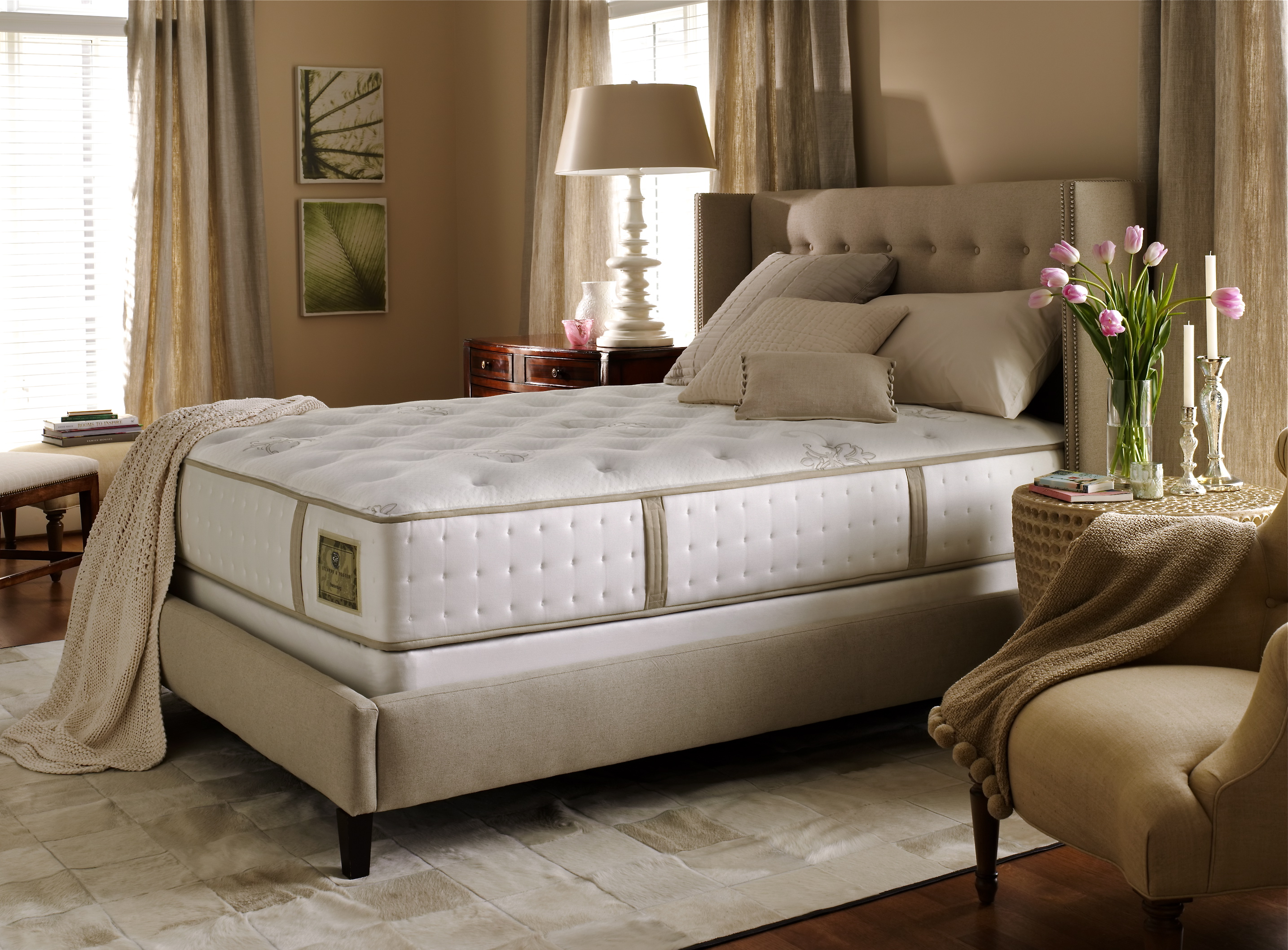 Now that you know how moisture in air can ruin your mattress, it's important to take steps to protect it. One of the best ways to prevent moisture from affecting your mattress is to invest in a waterproof mattress protector. This will create a barrier between your mattress and any moisture in the air, keeping it dry and clean. Additionally, be sure to regularly check for any leaks or water damage in your bedroom, as this can also contribute to excess moisture in the air.
In conclusion, moisture in the air can have a negative impact on your mattress, leading to mold and mildew growth, dampness and mustiness, and stains and discoloration. By taking the necessary precautions and investing in a waterproof mattress protector, you can protect your mattress and ensure a comfortable and healthy sleep environment. Don't let moisture ruin your mattress, take action to keep it in top condition.
Now that you know how moisture in air can ruin your mattress, it's important to take steps to protect it. One of the best ways to prevent moisture from affecting your mattress is to invest in a waterproof mattress protector. This will create a barrier between your mattress and any moisture in the air, keeping it dry and clean. Additionally, be sure to regularly check for any leaks or water damage in your bedroom, as this can also contribute to excess moisture in the air.
In conclusion, moisture in the air can have a negative impact on your mattress, leading to mold and mildew growth, dampness and mustiness, and stains and discoloration. By taking the necessary precautions and investing in a waterproof mattress protector, you can protect your mattress and ensure a comfortable and healthy sleep environment. Don't let moisture ruin your mattress, take action to keep it in top condition.





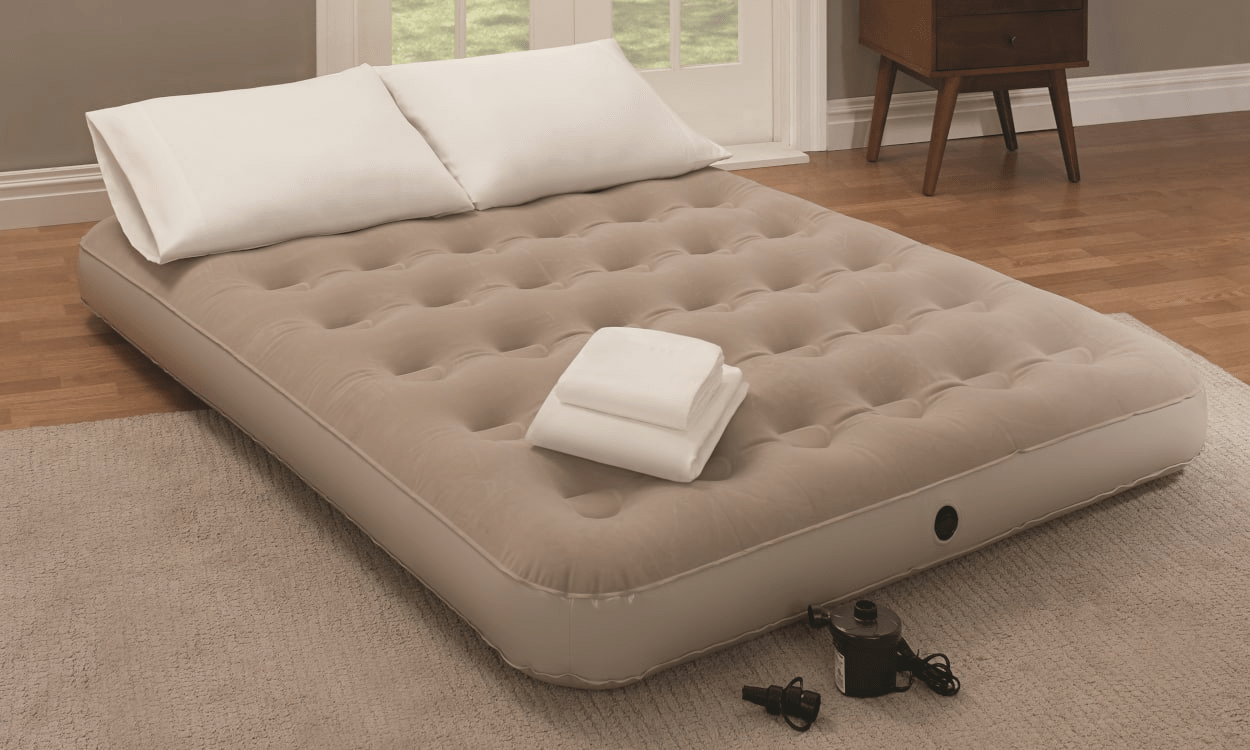
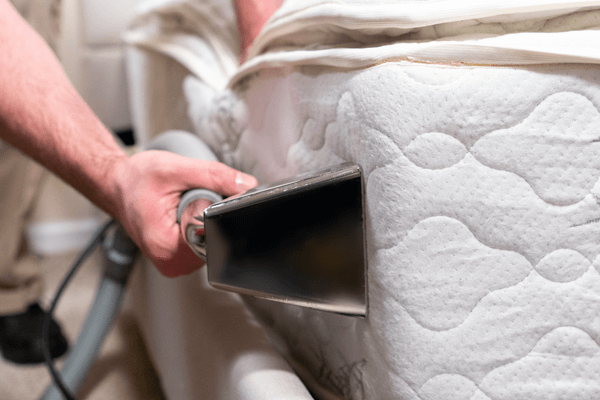





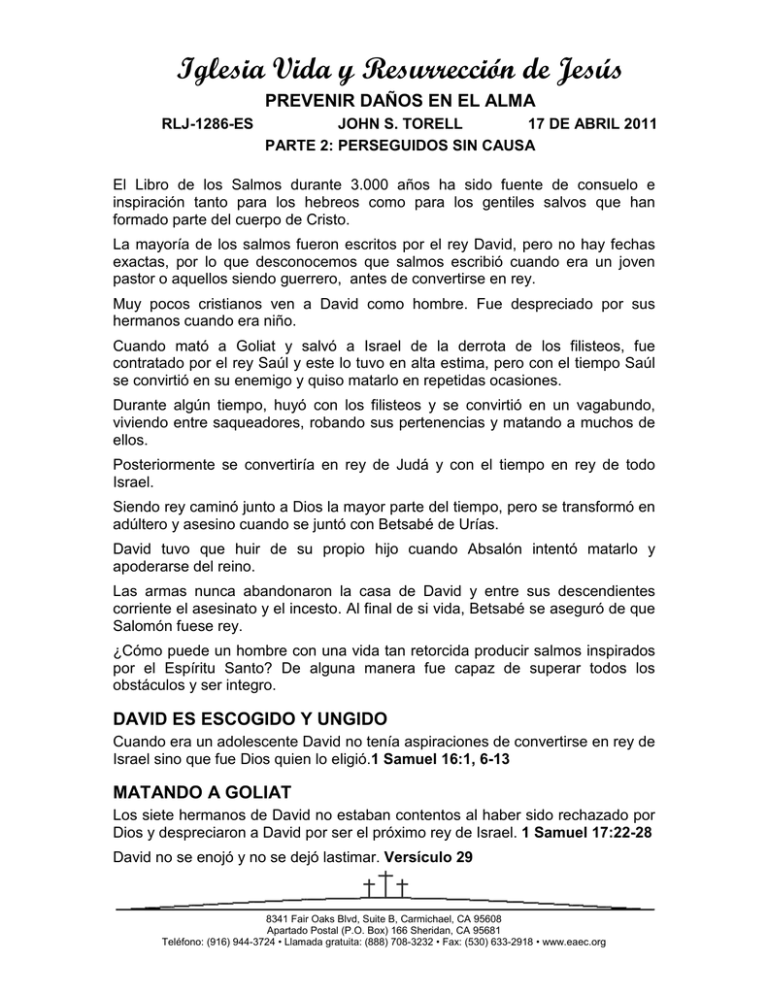

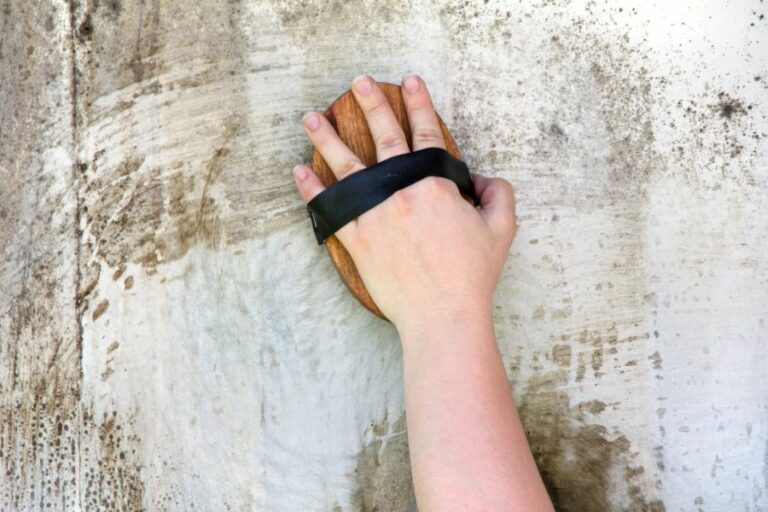

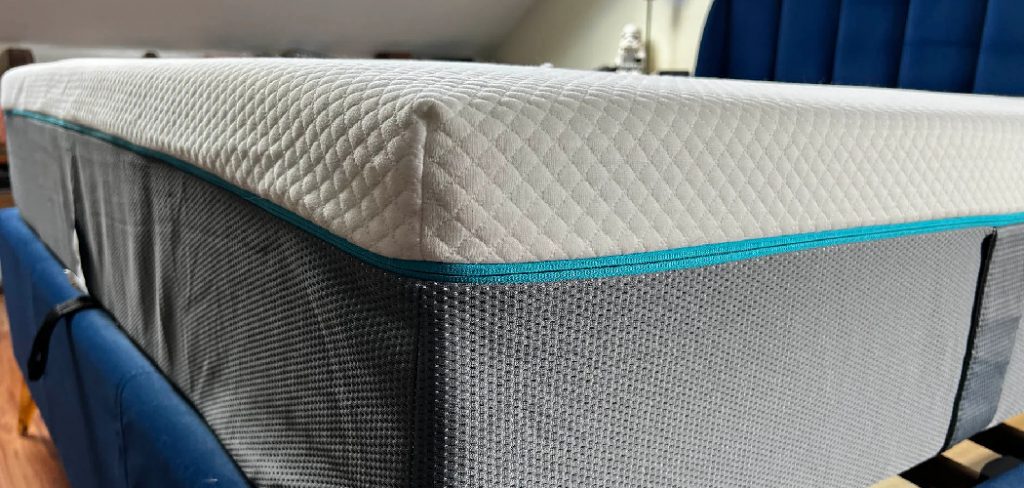
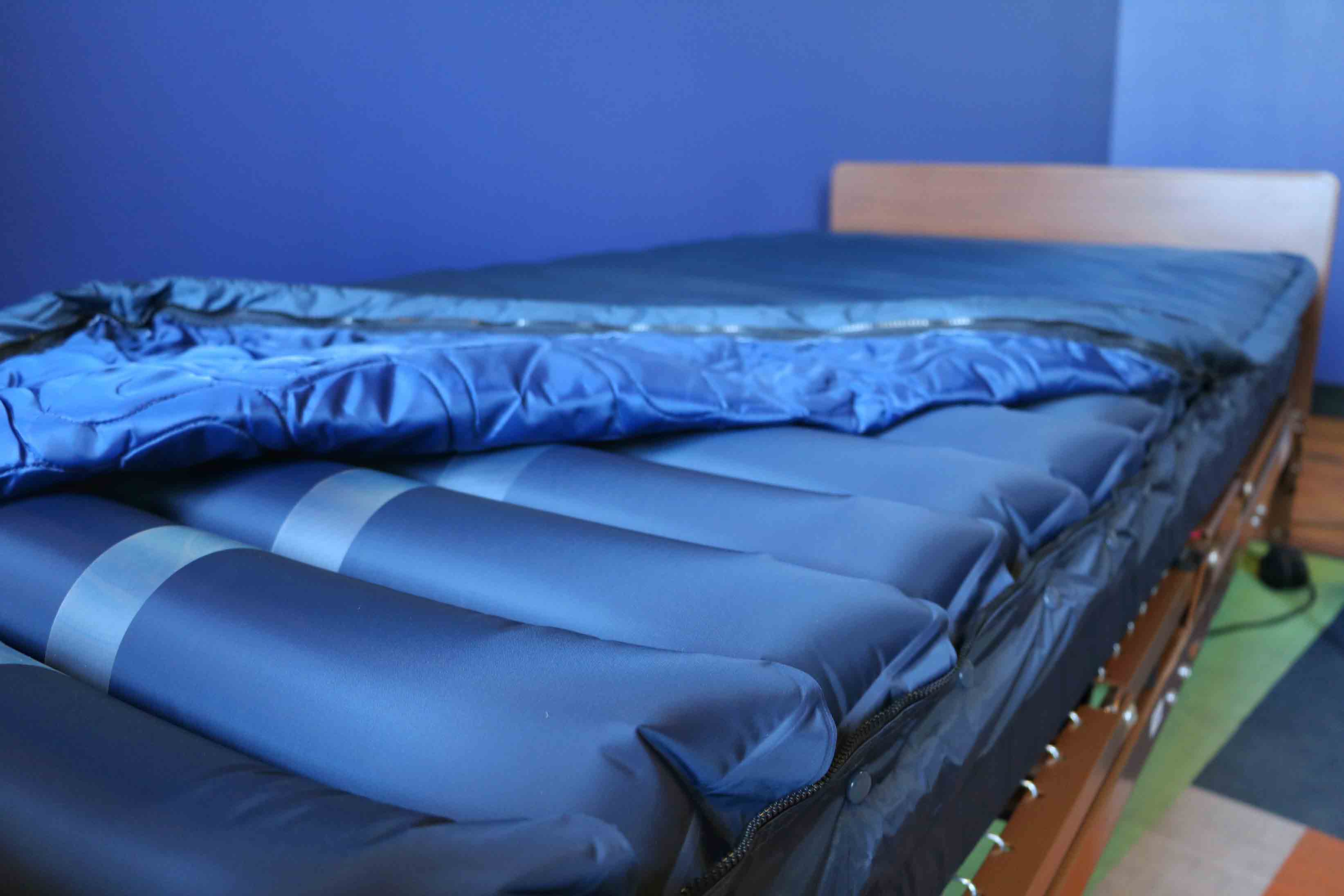
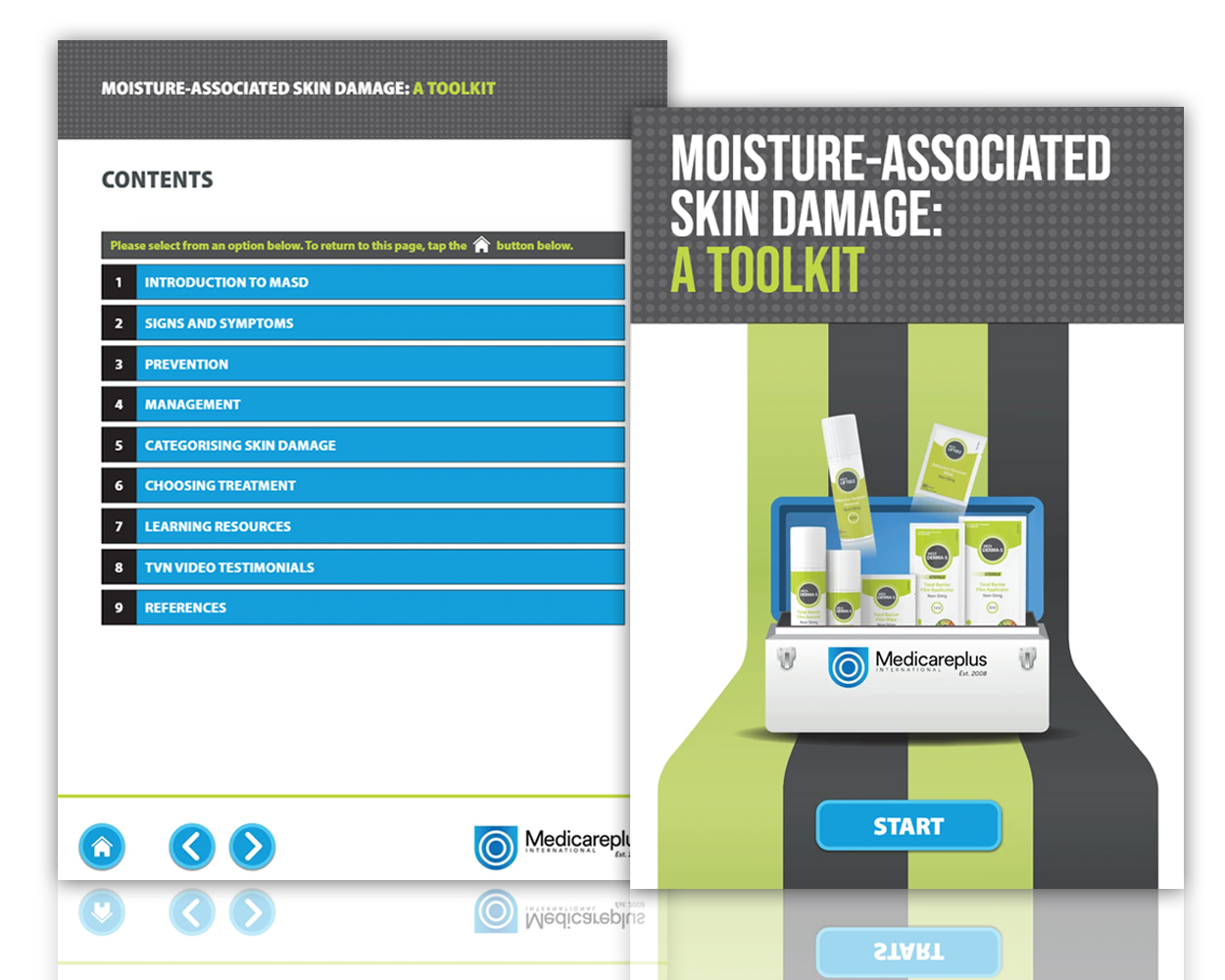

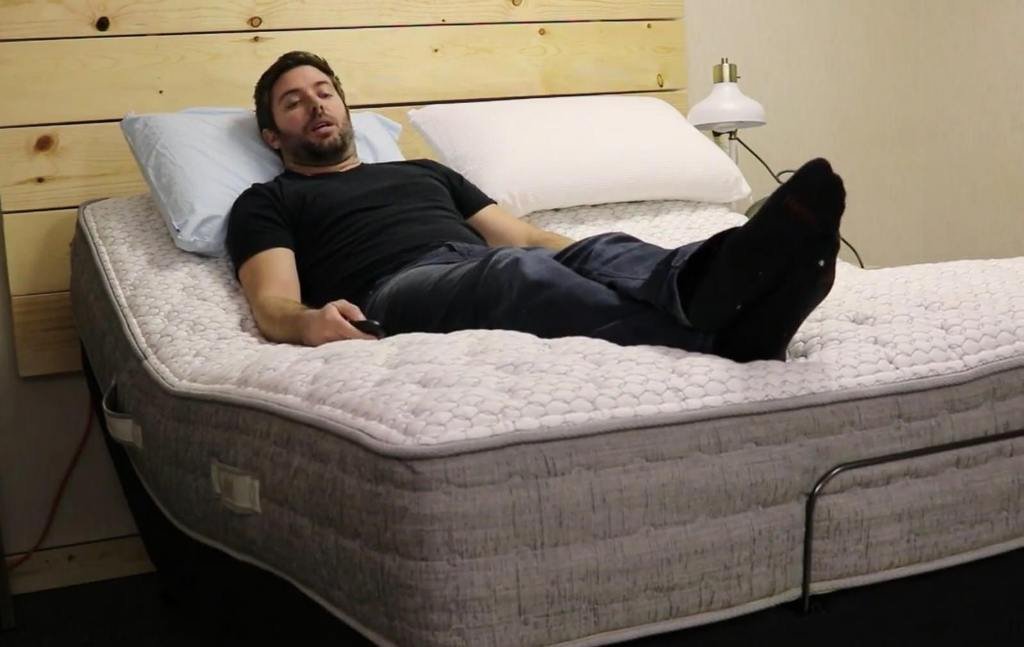


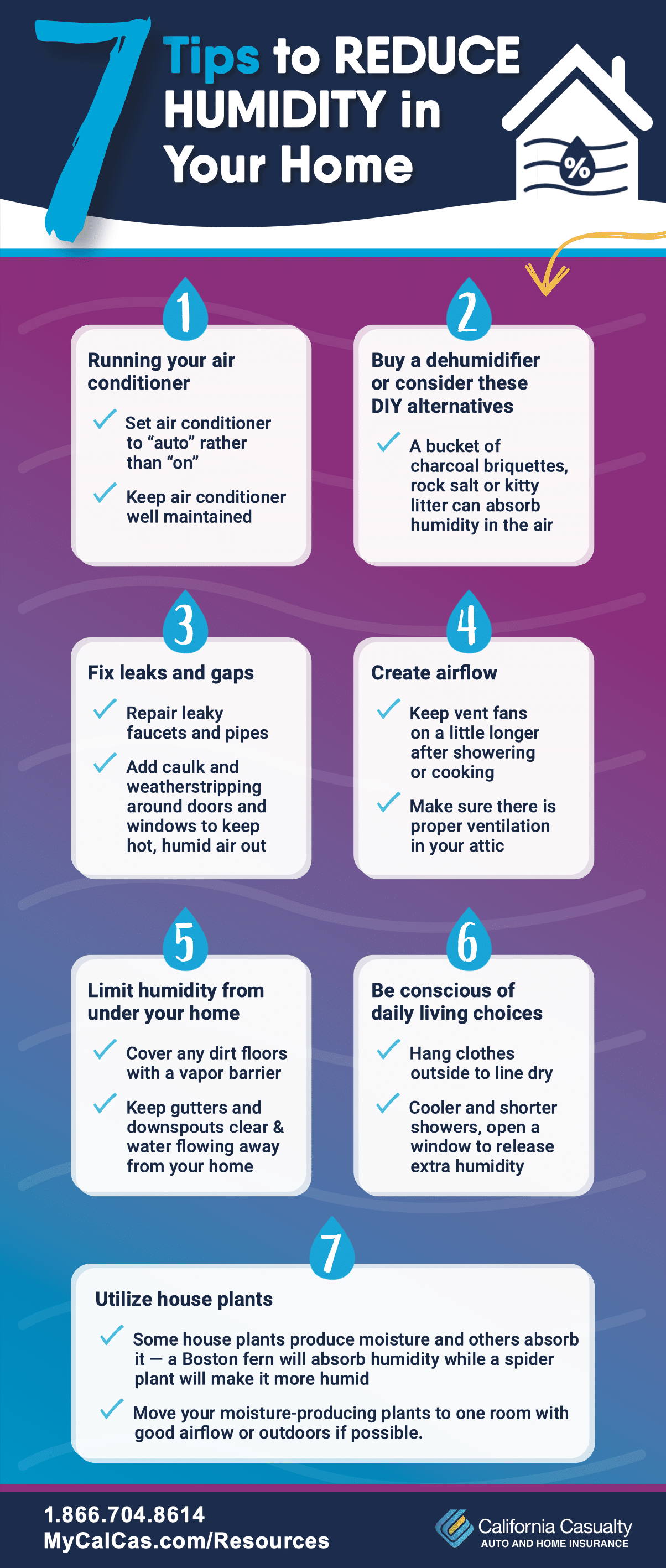



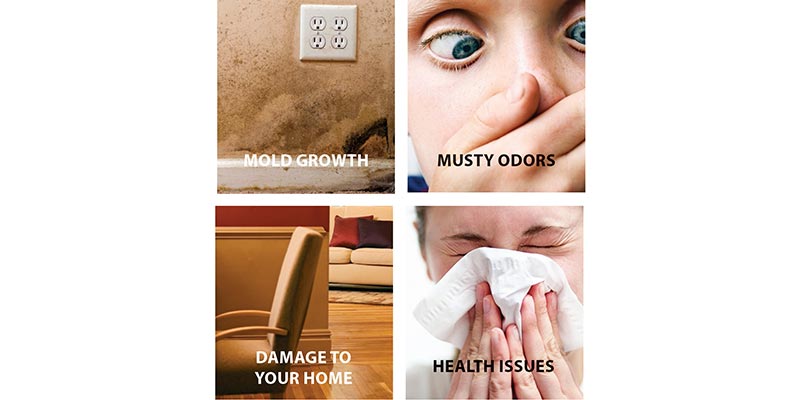
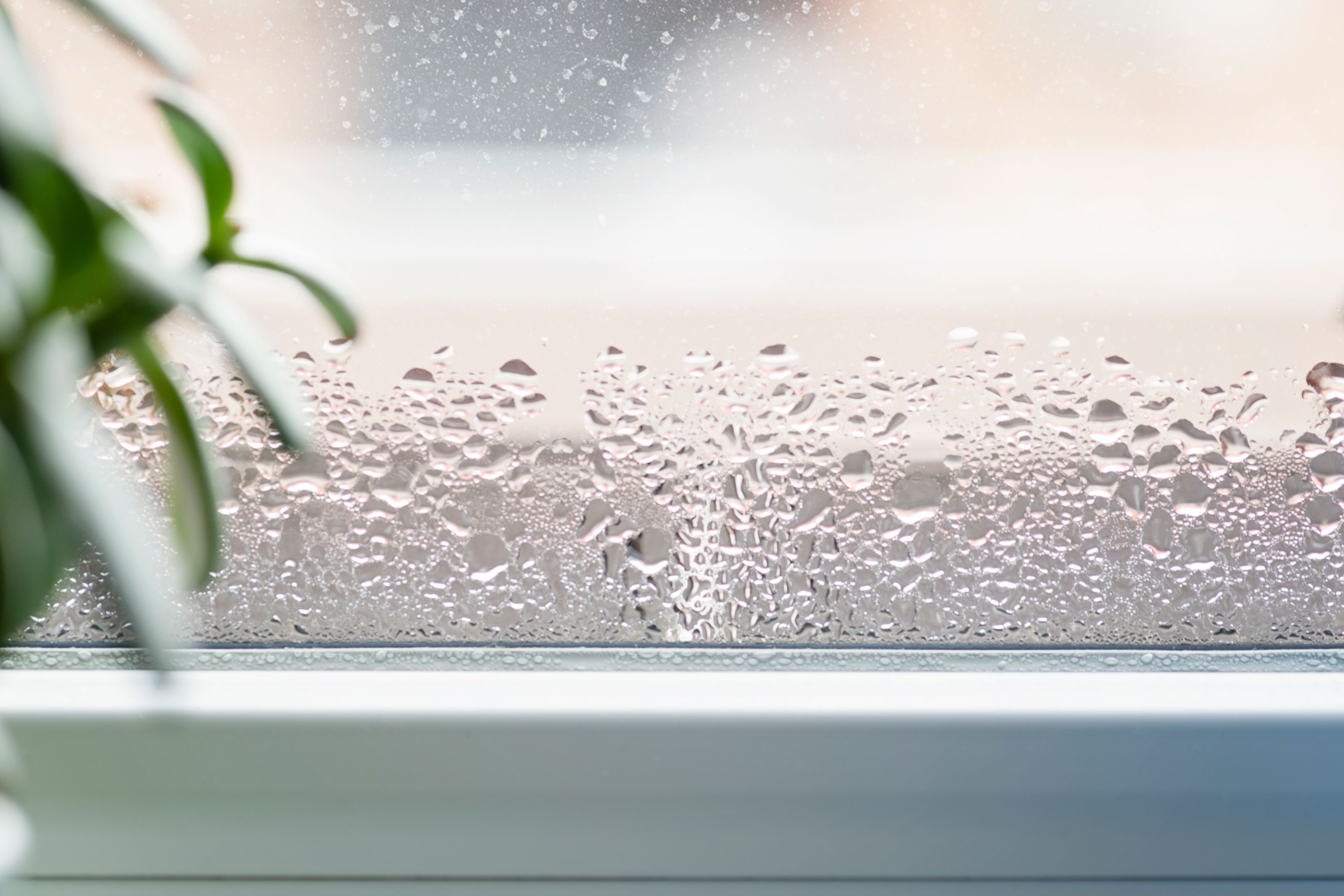
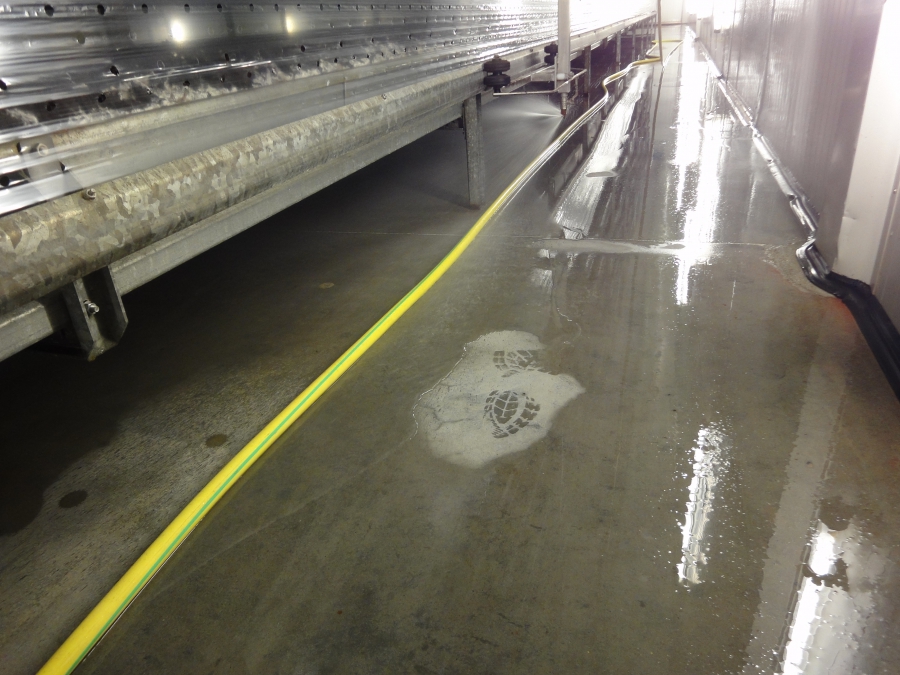




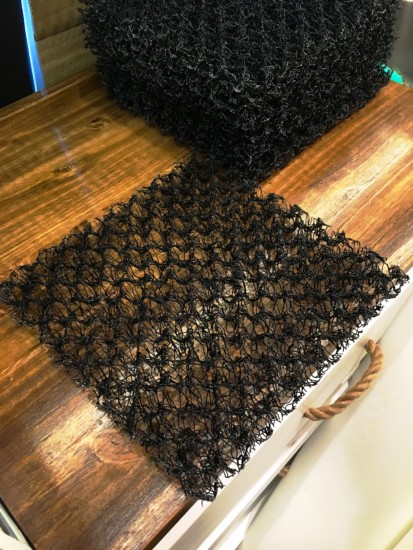

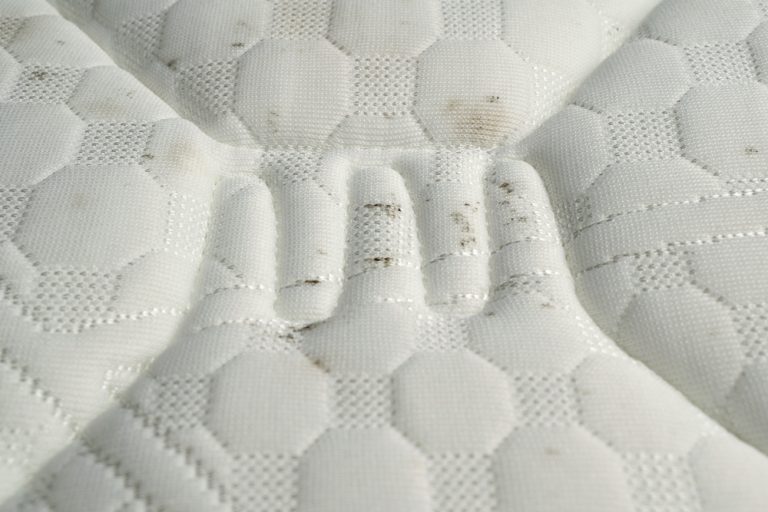
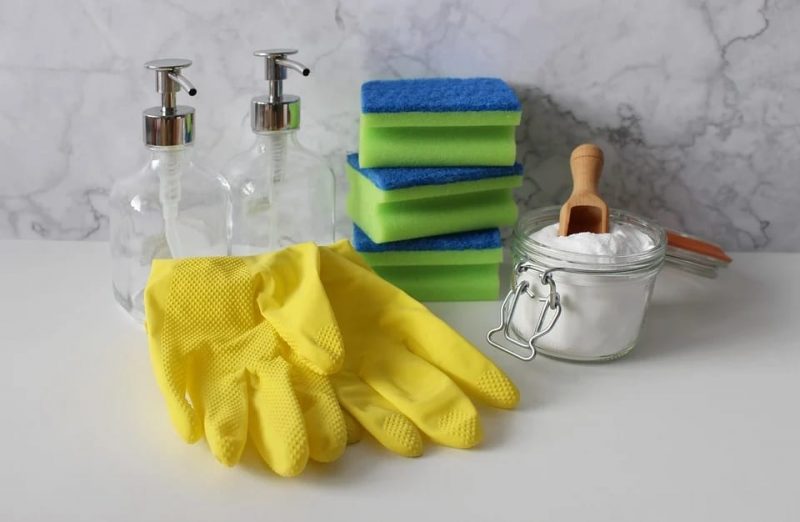
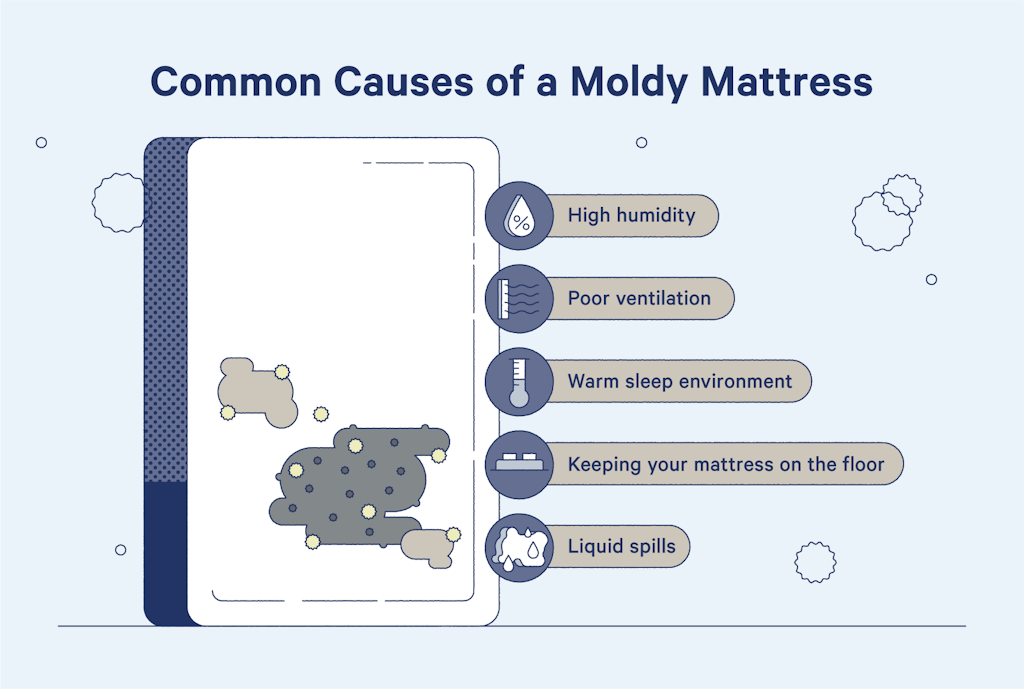

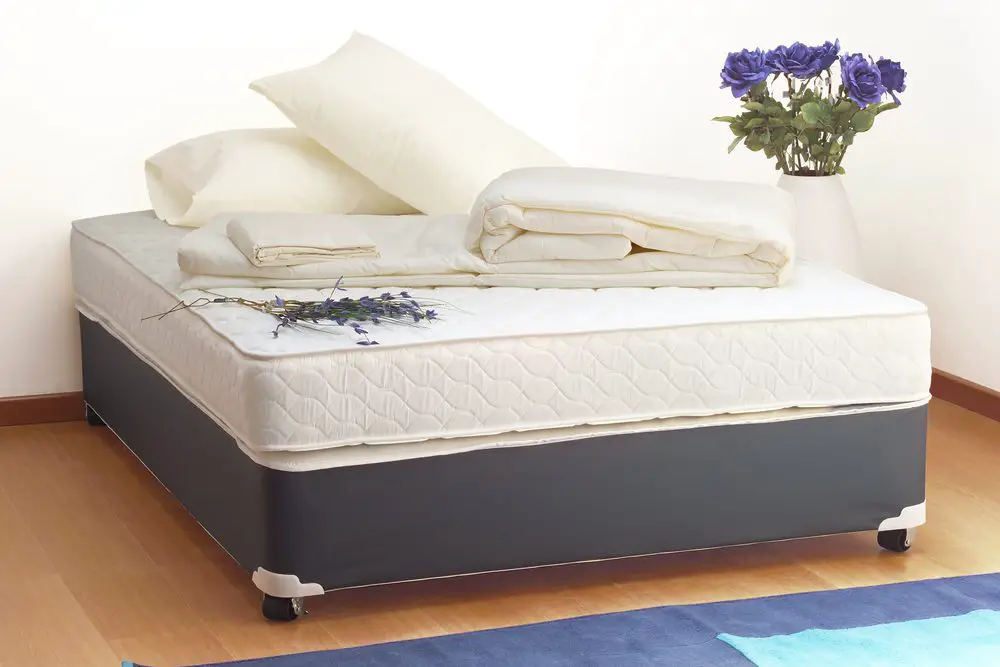
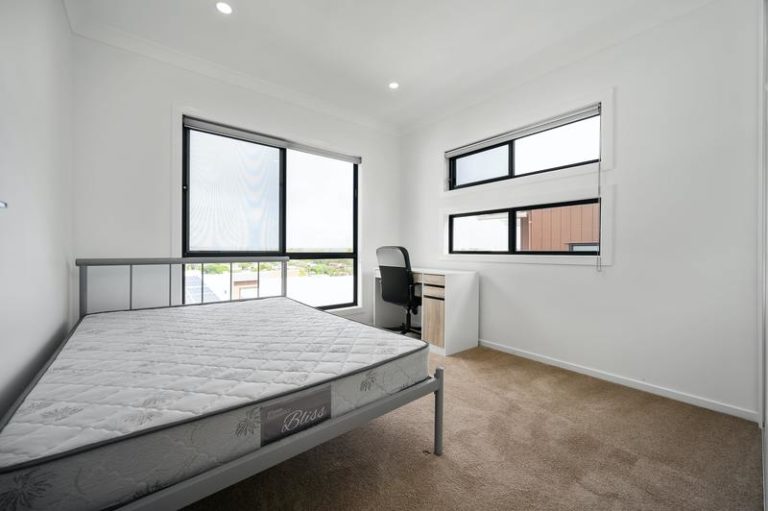
_1.jpg)


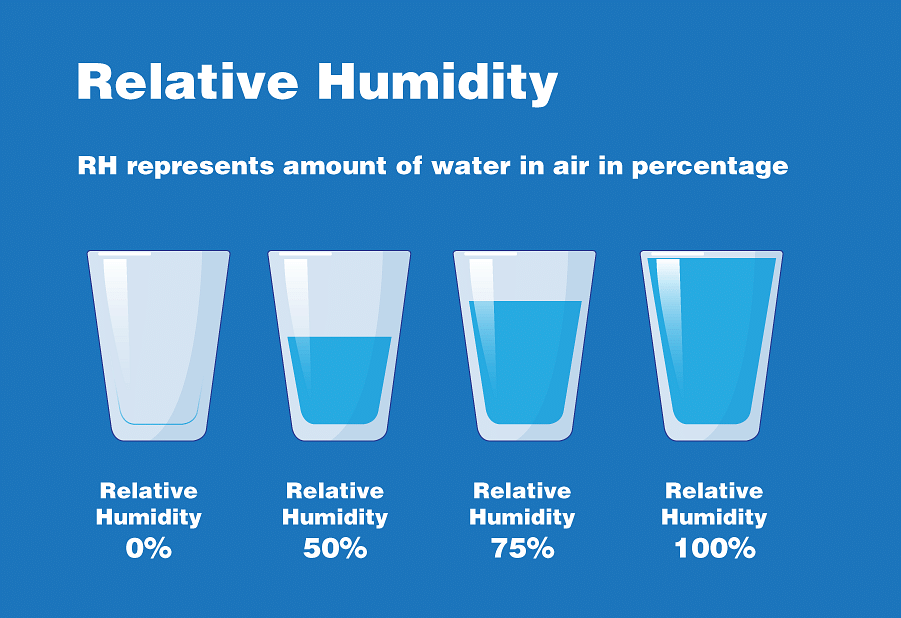
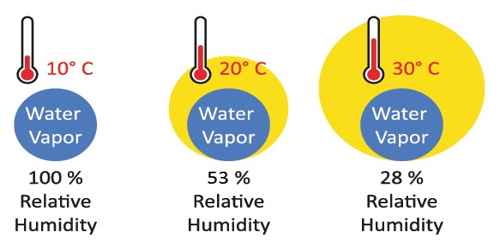

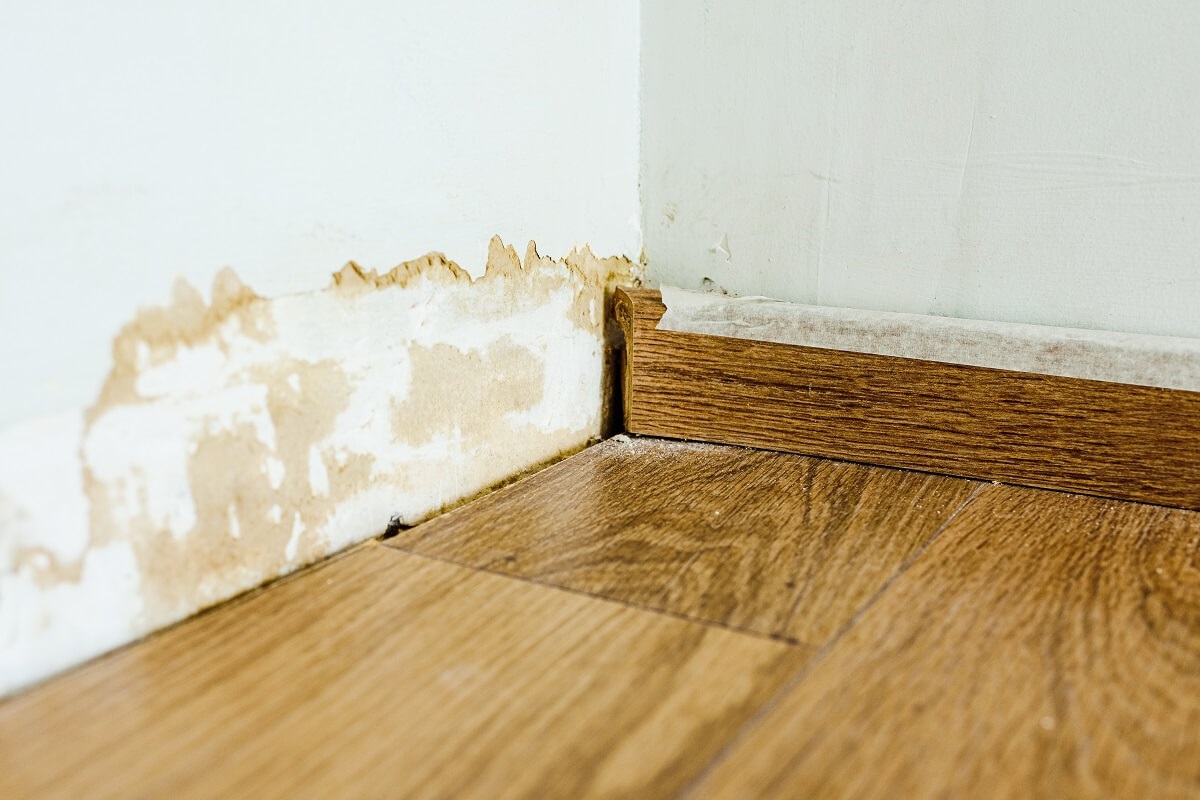

.jpg?width=1754&name=Humidity level chart (1).jpg)

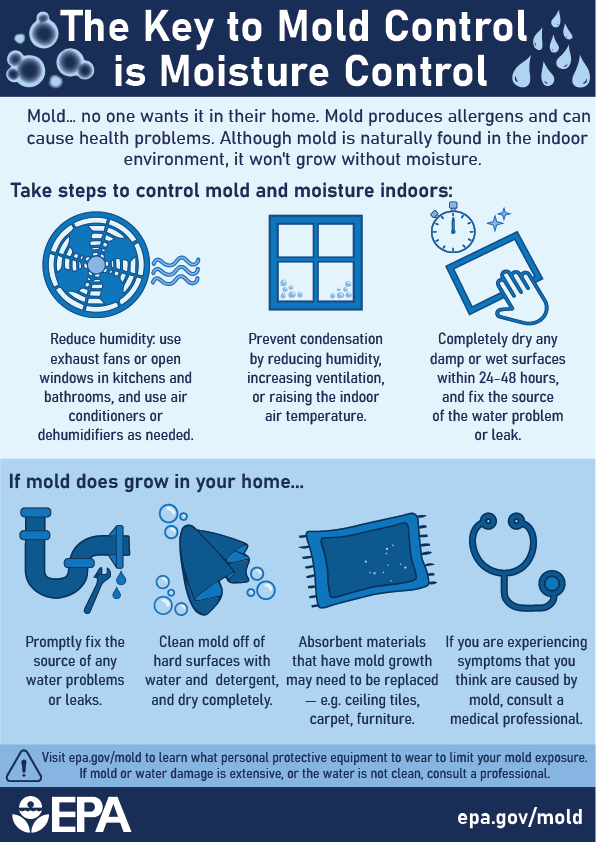


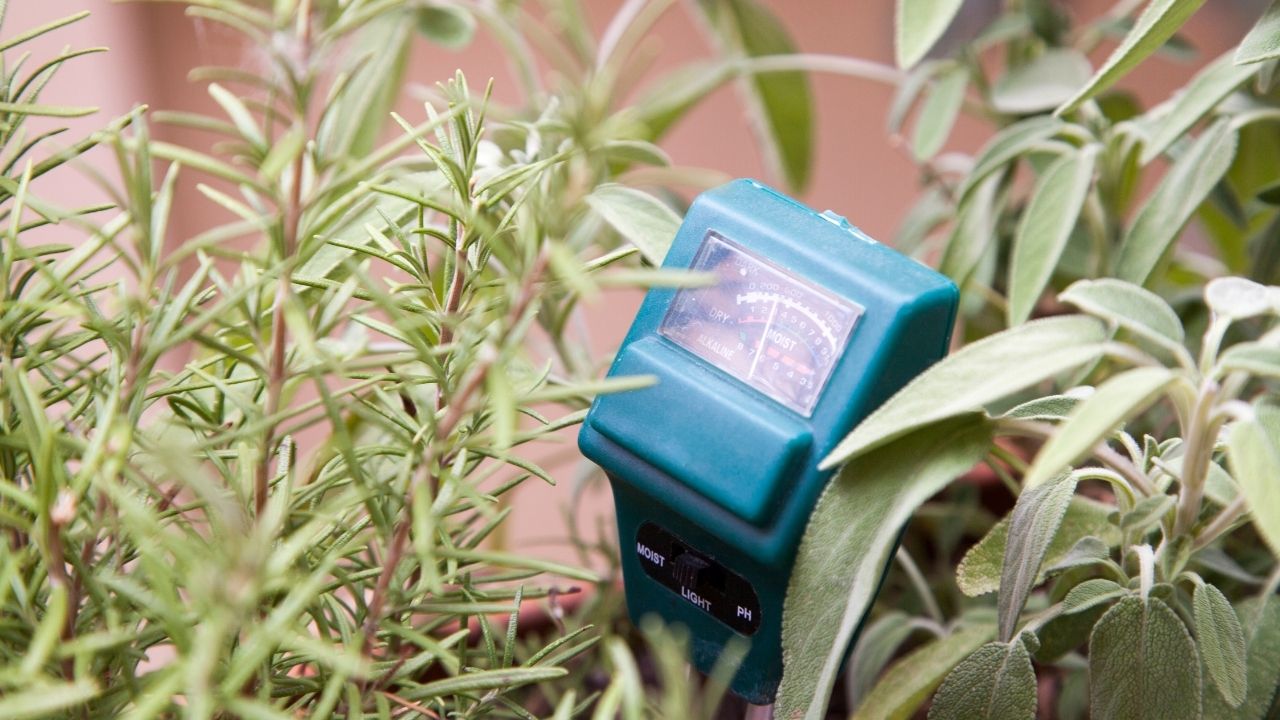
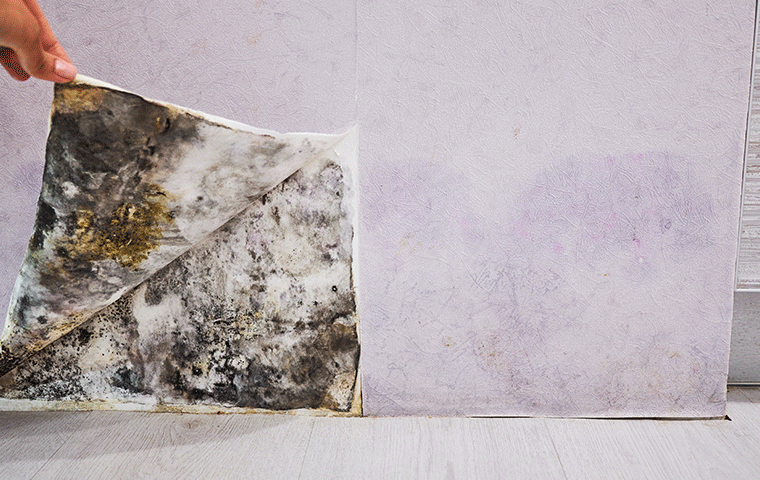
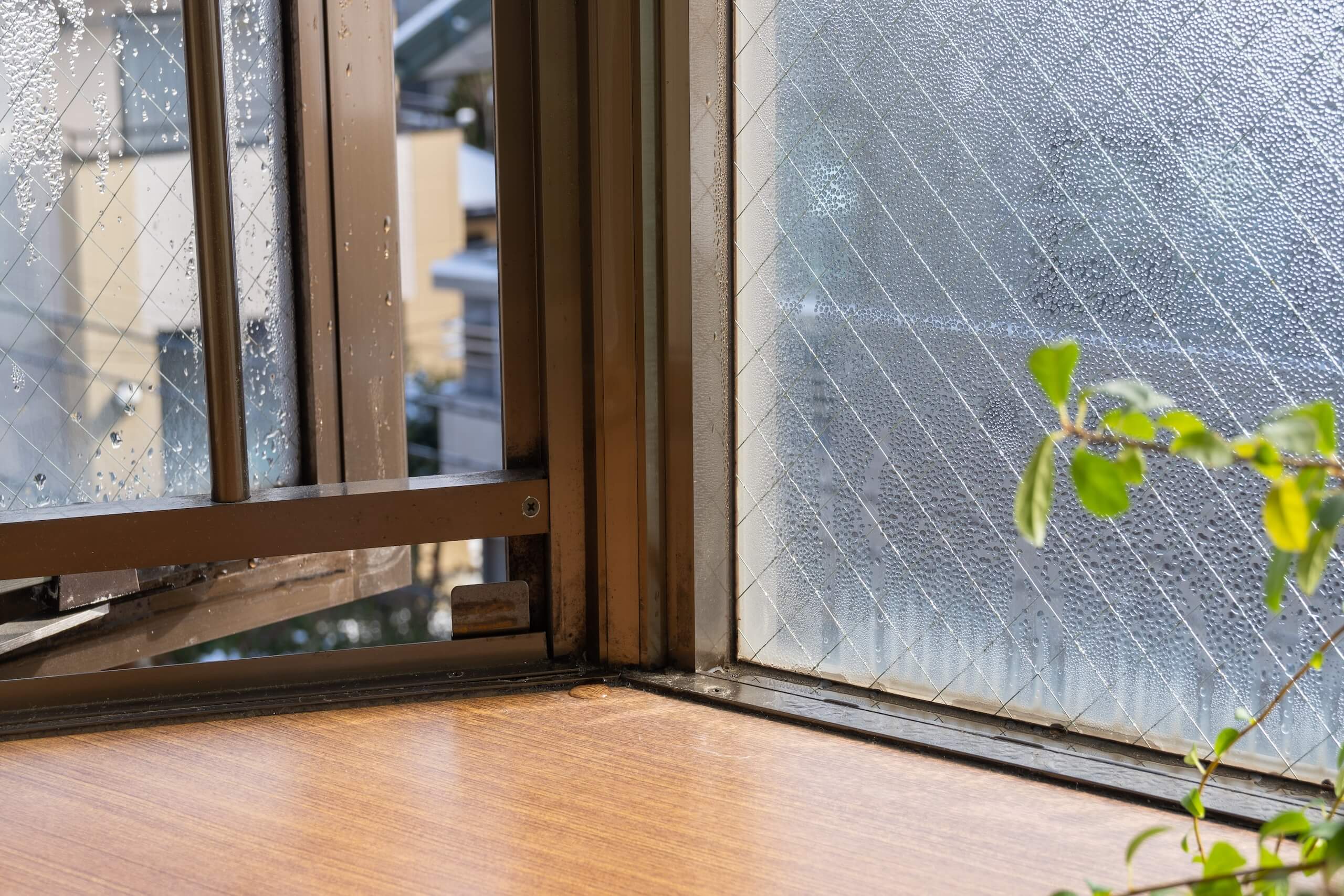
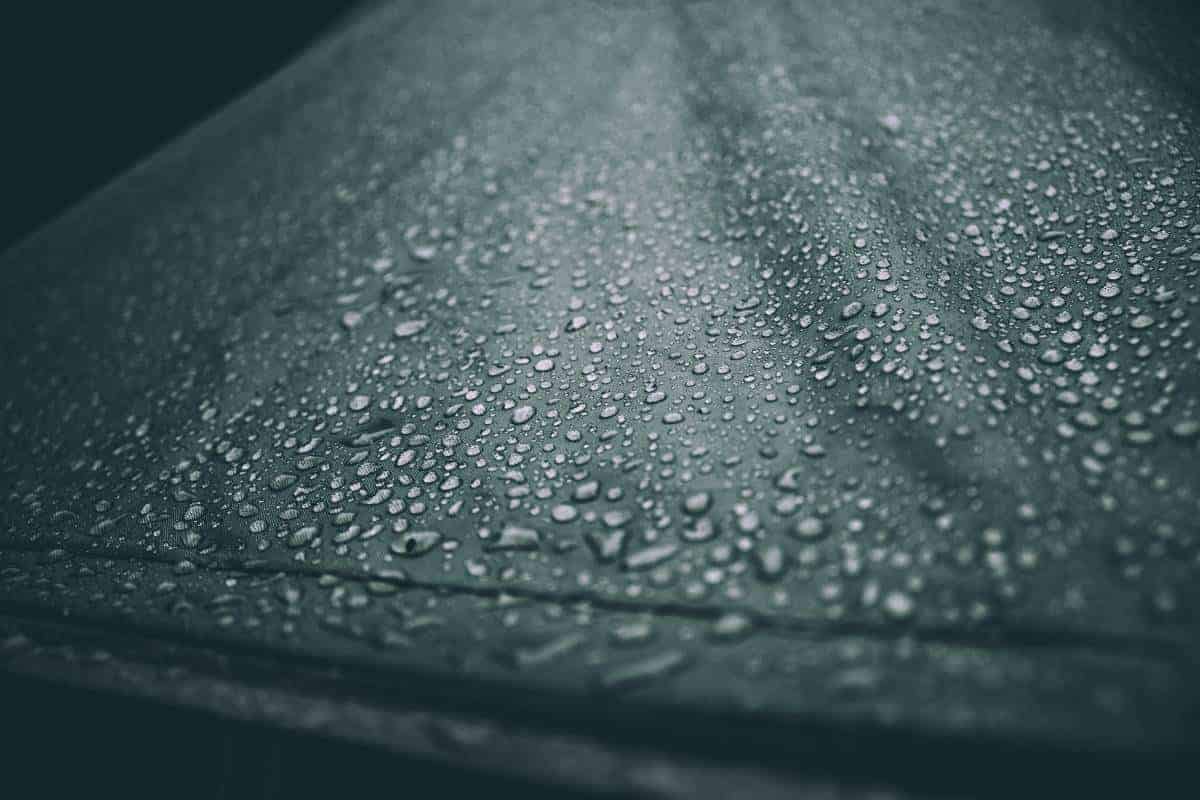
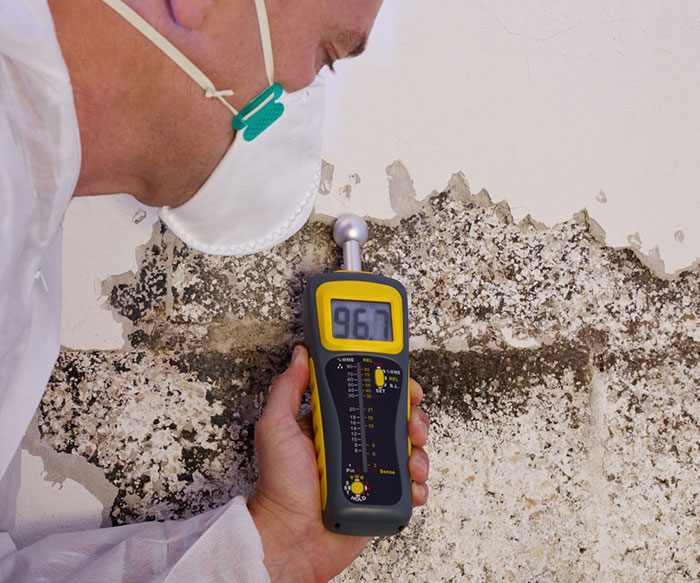

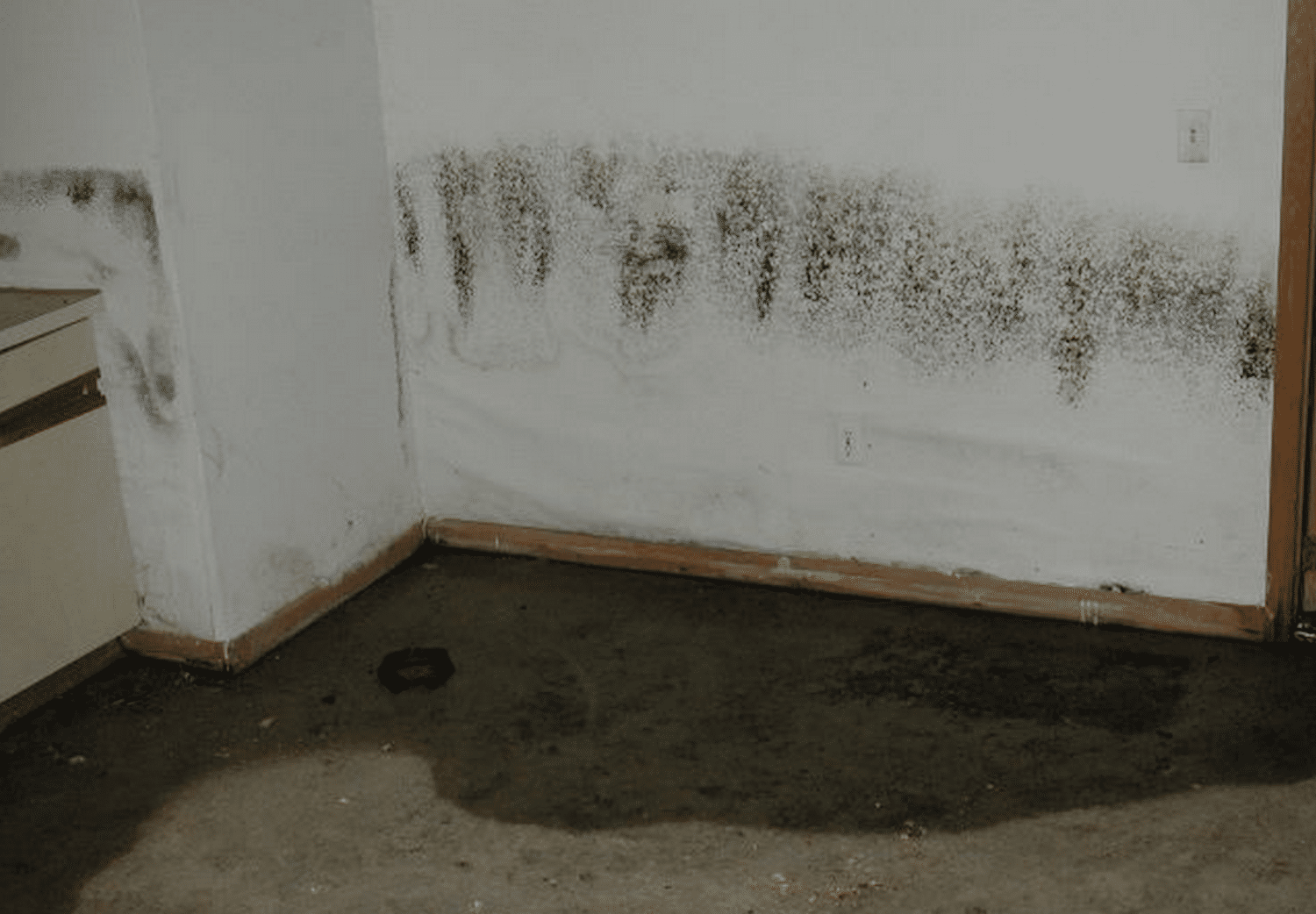



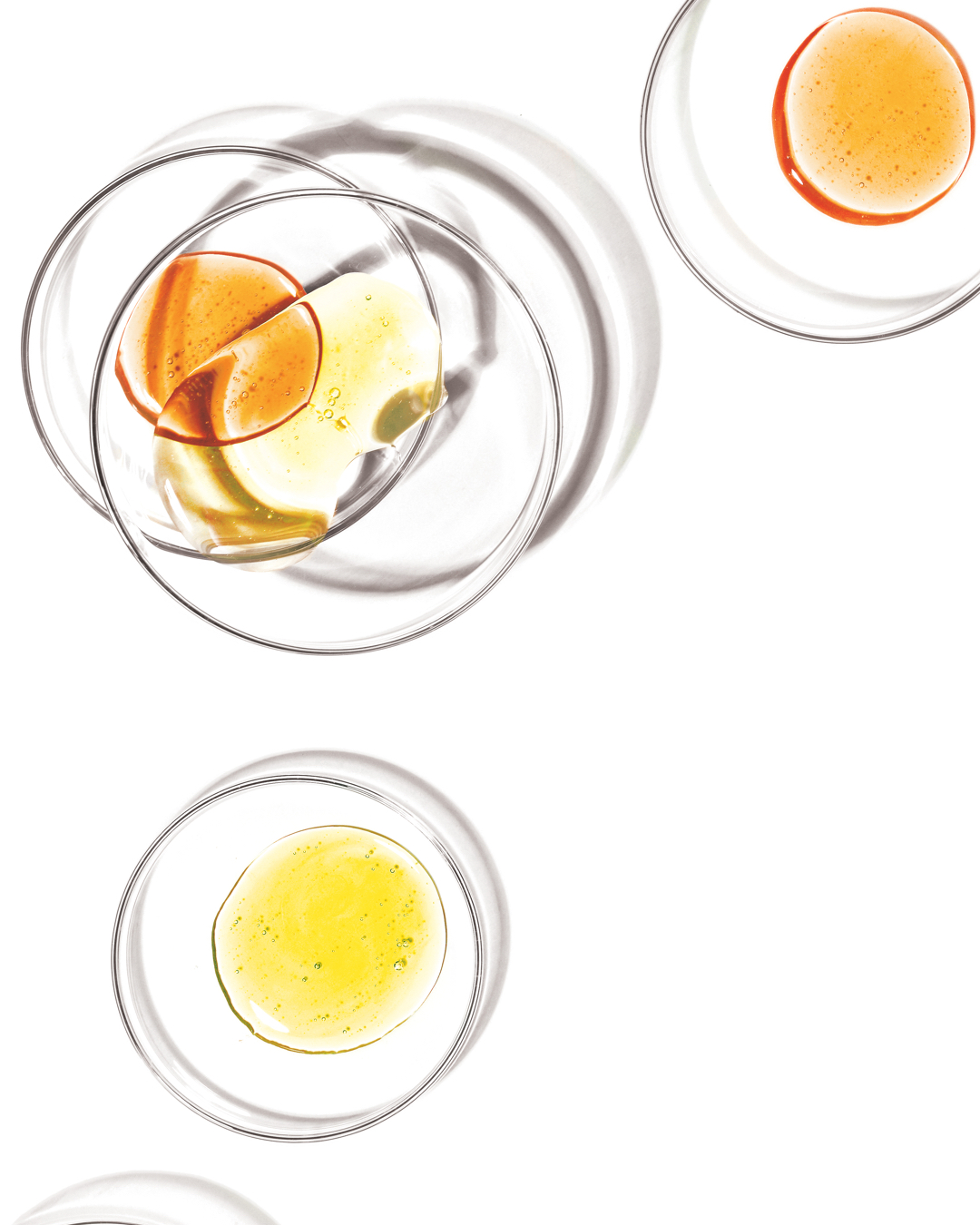



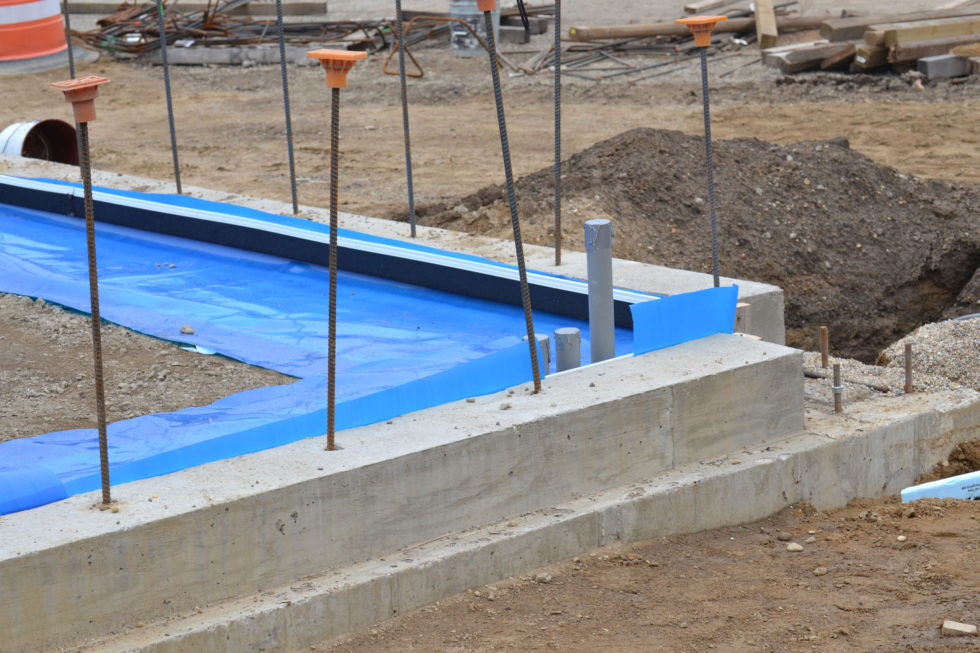






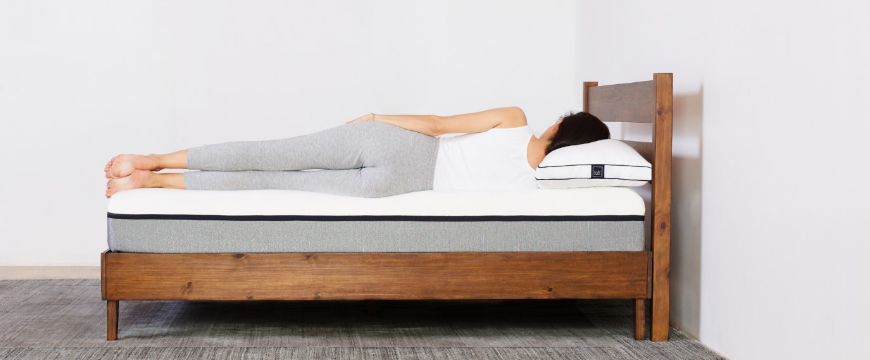



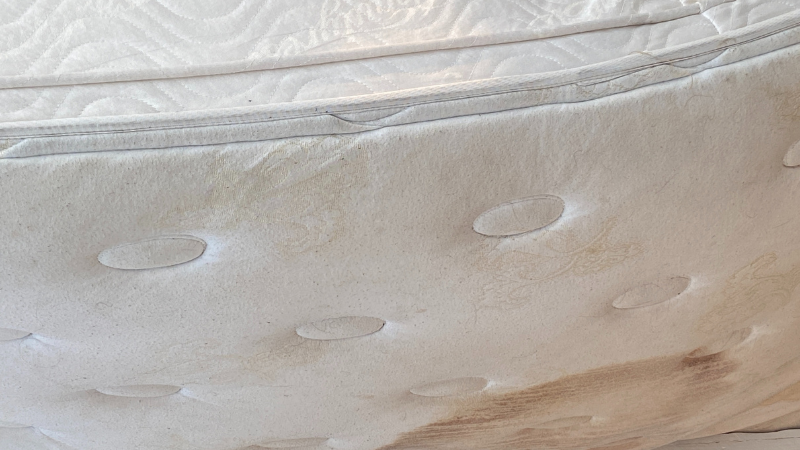



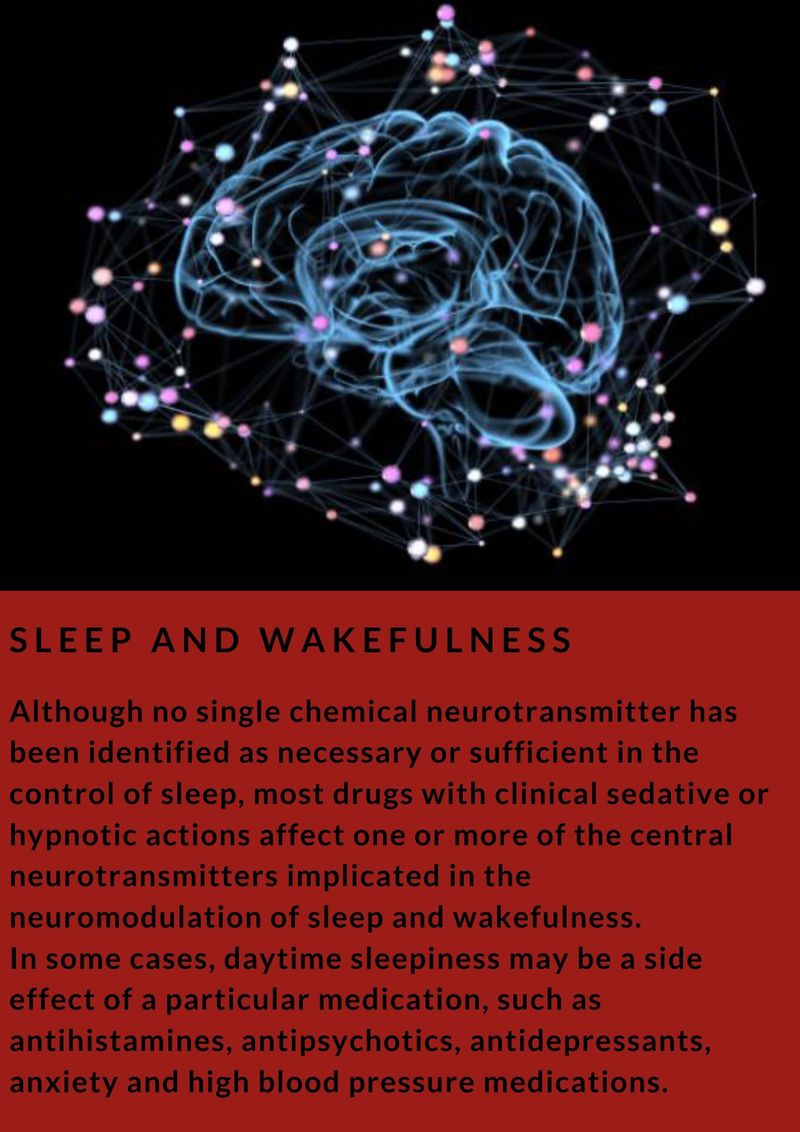

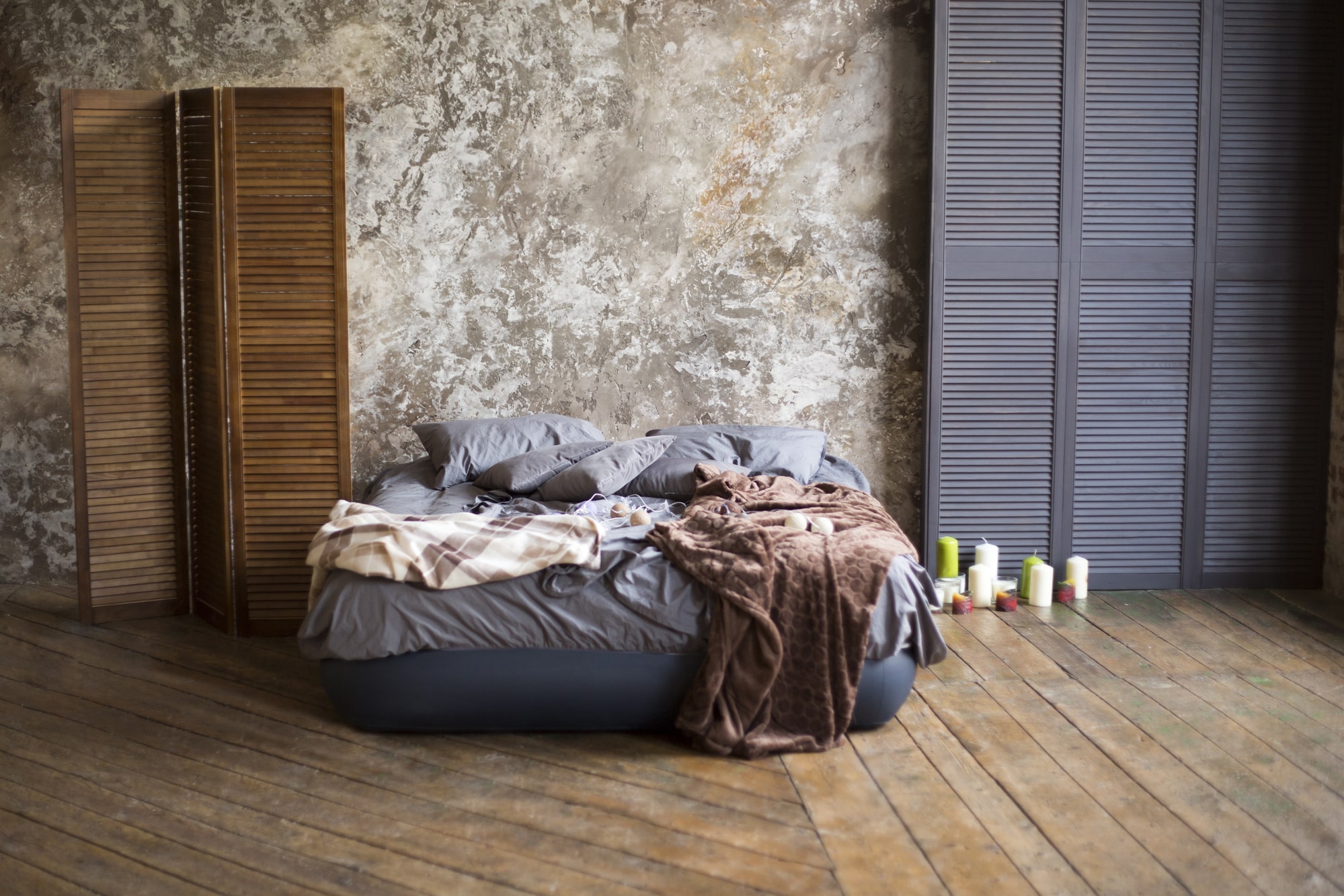




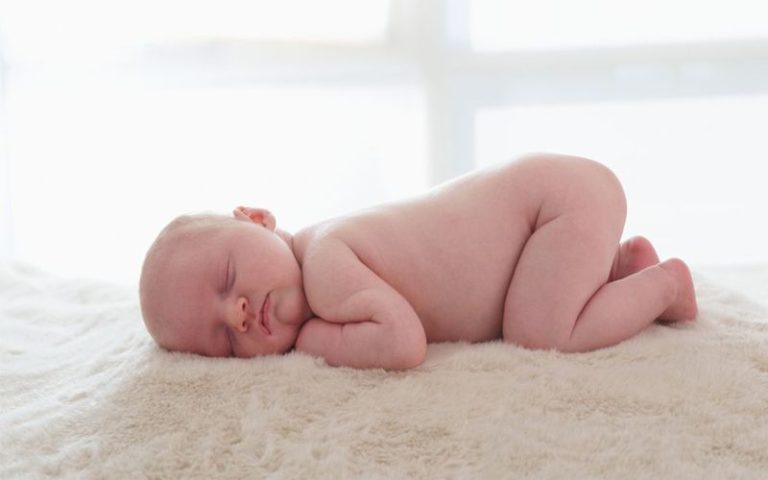
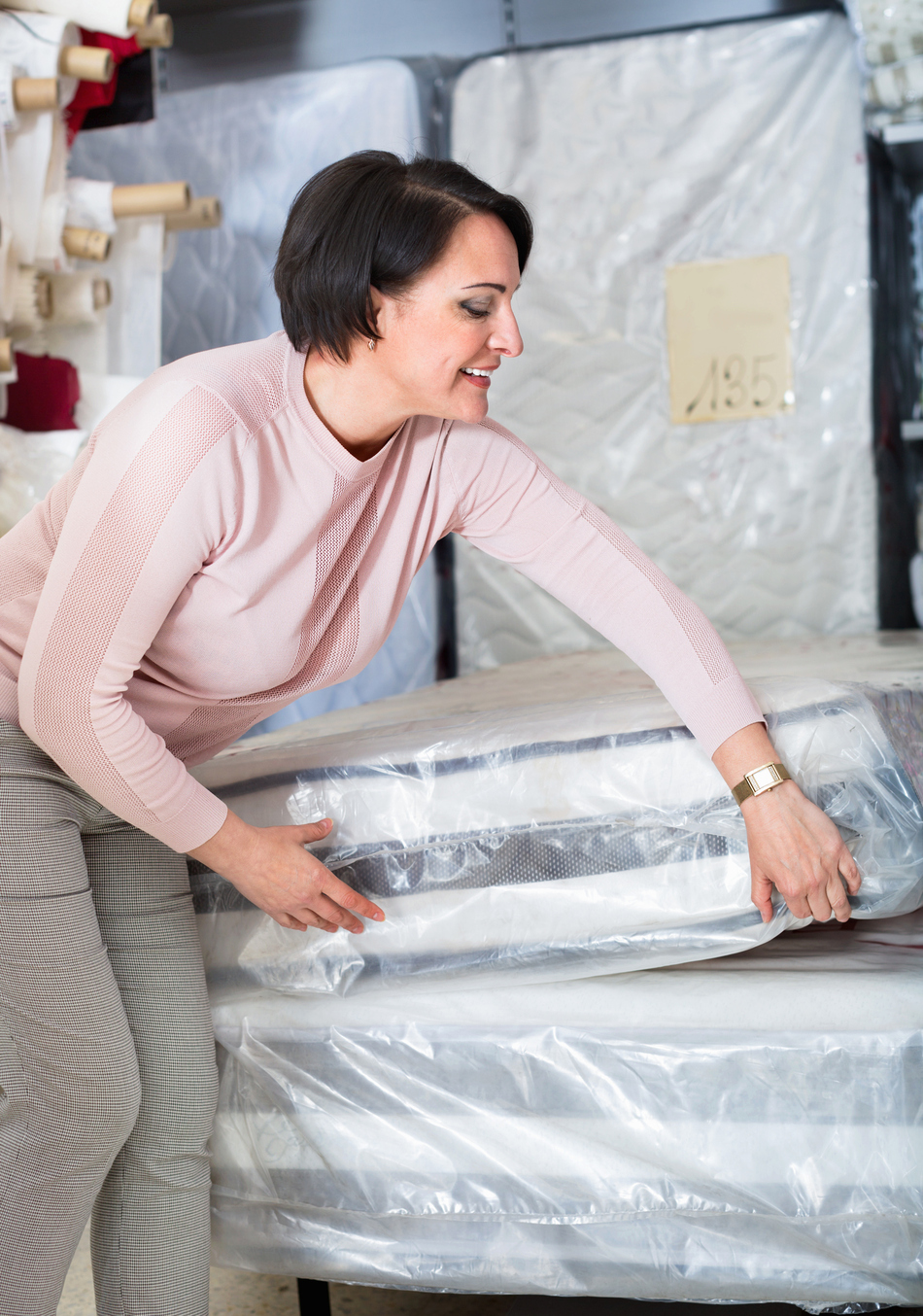






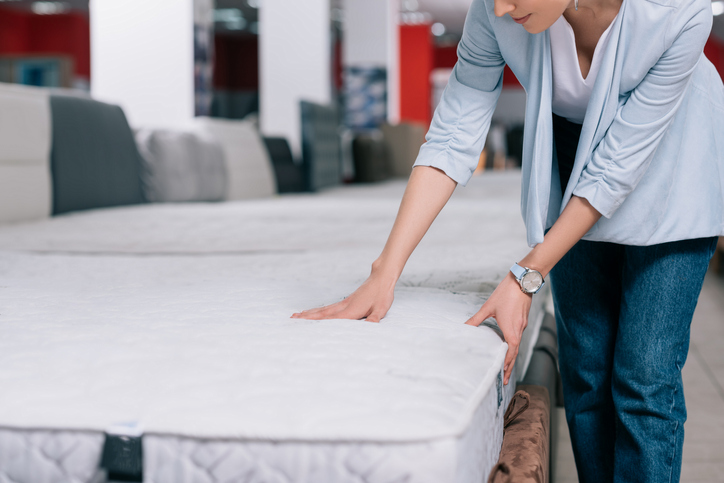
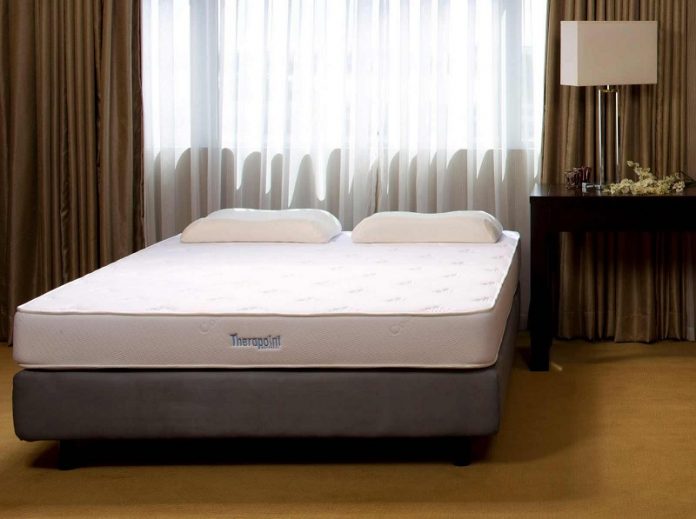




:max_bytes(150000):strip_icc()/SleeponLatex-b287d38f89374e4685ab0522b2fe1929.jpeg)

